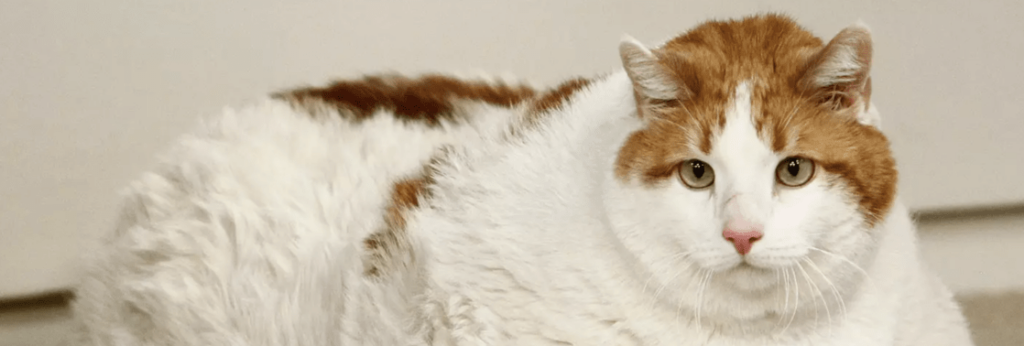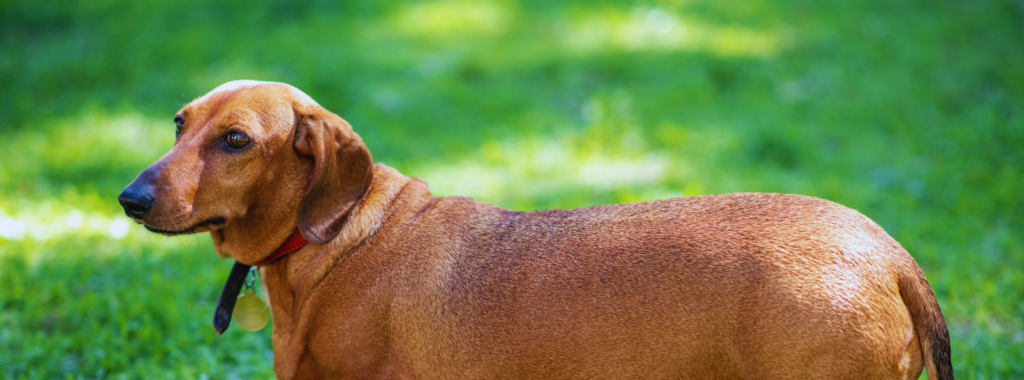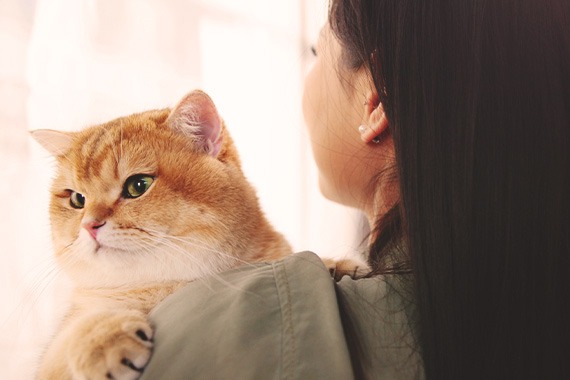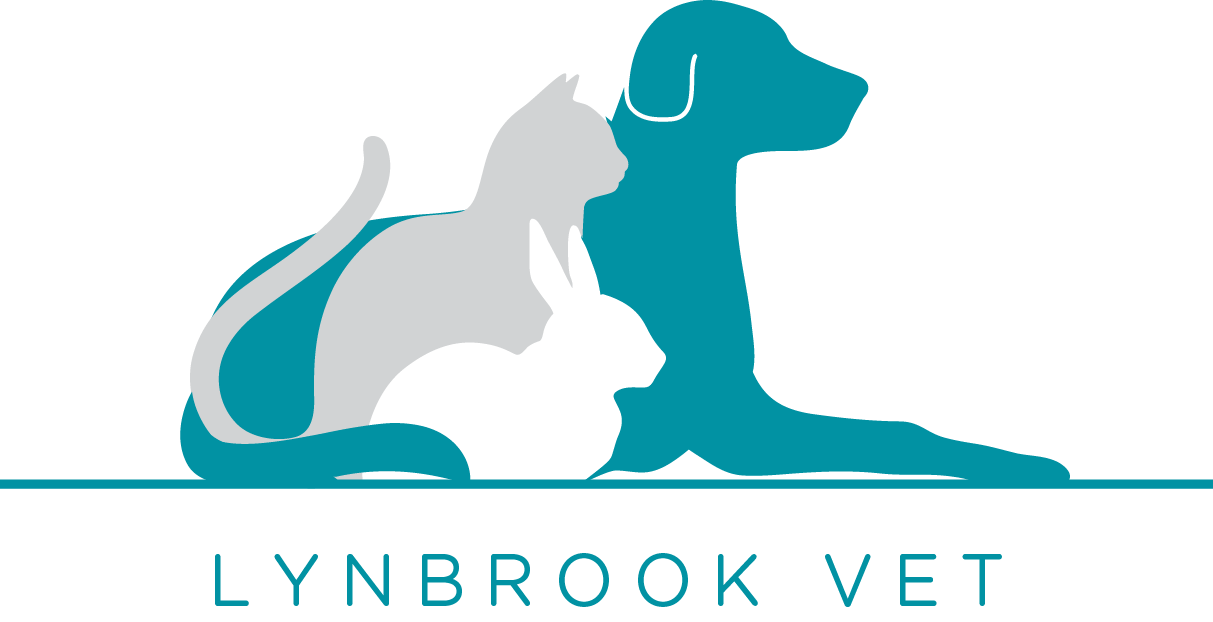Pet Weight Loss Clinic
Did you know that obesity is the most common nutritional disorder seen in our pets, specifically cats and dogs?
In Australia it is estimated that more than 40% of our pet population is overweight.
Did you know that excess fat in our furry friends can pose serious health risks?
Pet metabolism works significantly differently to ours and as tempting as it is to treat your best friend every time, they give you puppy or kitty eyes, it’s better for their long-term health and wellbeing to limit their food related luxuries.

Nutrition and obesity
Some breeds can be predisposed to becoming overweight as they grow and age however as pet owners, there are ways that we can help control their weight gain and ensure that they remain a healthy weight throughout their life.
Lifestyle is a big factor in helping our pets maintain a healthy weight and some pets are more active than others, so they can burn off their calorie intake without much effort. However, there are some furry family members that prefer to sunbake or nap rather than get up and go for a walk or play.
Pets that are not as active generally will not require as many calories. Knowing how much to feed your pet can be confusing but most pet foods will have a daily recommended intake guide that can aid in correctly rationing your pets daily feed and reduce the likelihood of over or under-feeding.
What about treats? If you are feeding your pet their daily recommended quantity of food as well as the occasional or consistent treat, but not adjusting their daily ration, this can result in them receiving a higher calorie intake than what they need per day.
Over time this can result in significant weight gain. Treats are a big part of pet ownership, and we often find ourselves succumbing to their adorable faces and this is okay. In moderation treats are a great way to aid in training and relationship building, if we remember to adjust their normal food ration to accommodate for any treats.
Another option is to consider low calorie treats. For dogs you can use treats such as Royal Canin EDUC or Hills Science Diet Metabolic treats that are formulated low calorie options that your furry friend will LOVE!

Health risks of Obesity in pets
Pets that are overweight are at a higher risk of suffering the following health concerns:
- Reduced mobility and joint issues such as early onset arthritis in overweight young patients and joint instability
- Pressure sores
- Skin sensitivities and infections
- Great strain on vital organs such as the heart, lungs, liver, kidneys and pancreas which can lead to heart disease, kidney disease and an inflamed pancreas
- Reduced quality of life and life span
- Depression and other behavioural issues
- Diabetes mellitus
- Reproductive disorders
- Cancer

Pet Weight Quiz
Take our pet weight quiz to see if your pet may be suffering from a weight problem:
- Do you have difficulty feeling your pets’ ribs? YES or NO
- Is there little to no waist? YES or NO
- Do you give your pet table scraps or leftovers? YES or NO
- Is your pet reluctant to exercise? YES or NO
- Does your pet seem to tire easily with activity? YES or NO
- Does your pet waddle when it walks? YES or NO
- Does your pet keep eating so long as there is food in the bowl? YES or NO
- Have you been previously advised that your pet is overweight? YES or NO
Identifying if your pet has a weight problem is essential for their health and wellbeing and the key to preventing health risks associated with excess weight.
If you answered yes to any of these questions, your pet may be at risk of, or suffering from a weight problem.
Weight Loss Clinic

Package Includes:
- An initial consultation to discuss you pet’s needs & weight loss goals.
- 5 x consultations with a nurse over 8 weeks where your pet’s weight loss profile is updated, progress photos are taken, and questions are answered
- An online account, set up and managed by your nurse to help track your pet’s nutritional needs and guide you on the quantity of food to feed.
- A specific weight loss diet (available in dry kibble, sachets or tins).
Home Resources:
- A customised weight loss profile for your pet including email correspondence to keep you up to date on their progress
- Body condition chart to help you monitor your pet’s health at home.
- Weight management handout with further information and guidance.
- Information about treat ratios.
- Information about forming healthy habits.

